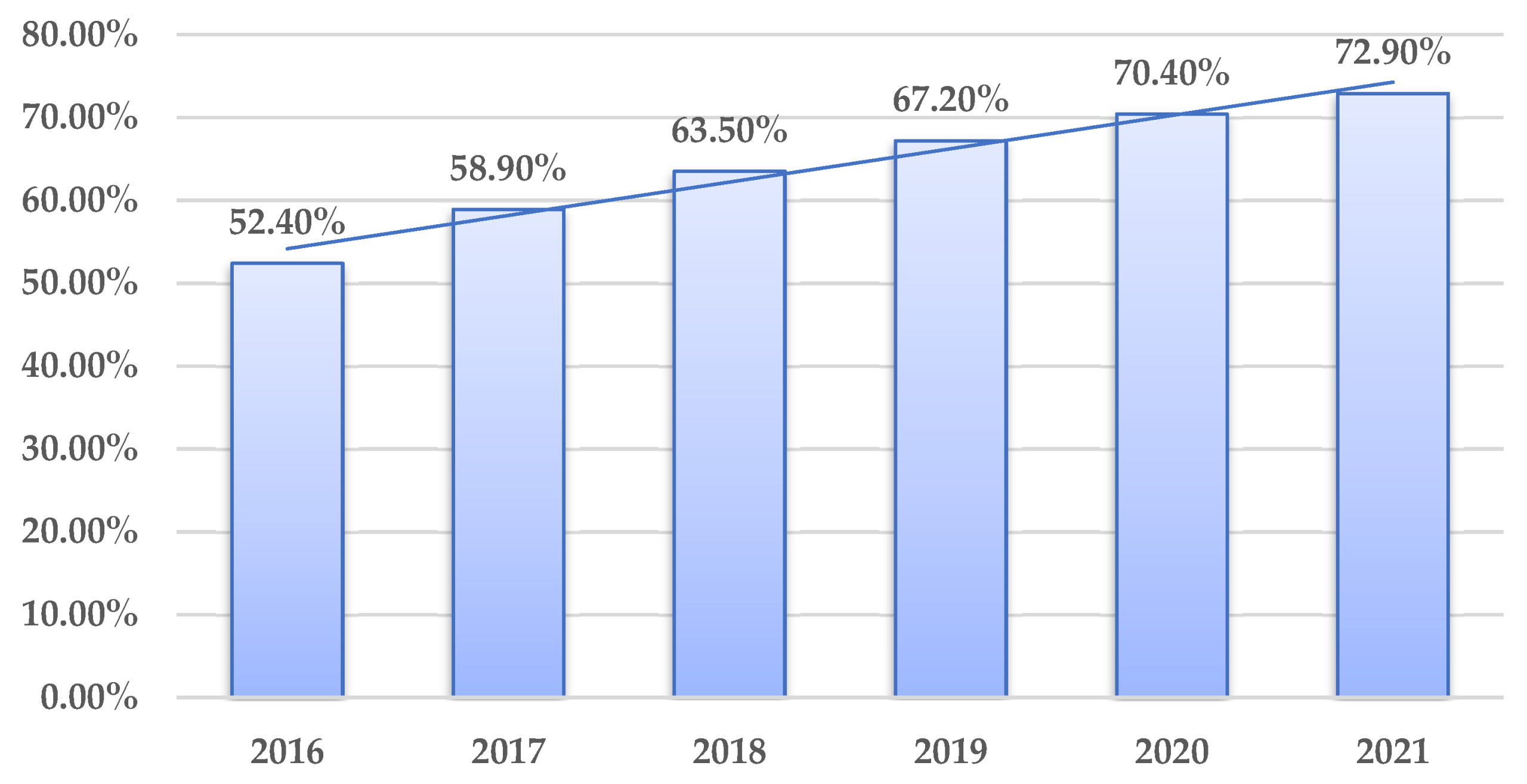Introduction to the New Digital Era
The digital marketplace is undergoing massive transformation, where technology, business strategies, global politics, and even celebrity culture are deeply intertwined. For e-commerce sellers on platforms like SellerKid, this convergence means both challenges and opportunities. As global trade dynamics shift and celebrity endorsements shape consumer behavior, online sellers need to stay ahead by understanding how these forces play together.
The Role of Tech Giants in Global Commerce
Global tech giants like Amazon, Alibaba, and emerging AI-driven platforms are dictating how sellers compete. Their innovations in logistics, payments, and customer engagement are raising the bar for everyone. For small businesses using SellerKid, this competition can feel overwhelming, but it also sets new standards for efficiency. Sellers who adopt similar digital tools, like AI-based analytics or automated customer support, gain an advantage in a market that increasingly expects speed and personalization.
Business Shifts in the Post-Pandemic Economy
The pandemic reshaped consumer habits, pushing millions toward online shopping. This shift has not reversed; instead, it has accelerated. Small businesses that once relied on physical stores are now competing directly in digital markets. SellerKid has become an important ally for such sellers, offering a platform to transition smoothly into e-commerce. The challenge lies in managing higher operational costs, changing consumer expectations, and the need for constant innovation. Successful businesses are those that can pivot quickly, adapt their supply chains, and use data to guide decision-making.
Celebrity Culture and Market Trends
From tech moguls like Elon Musk to entertainment stars like Rihanna or BTS, celebrities wield enormous influence on commerce. Their tweets, endorsements, and even controversies can shift markets overnight. When Musk promotes a tech gadget or cryptocurrency, millions follow. Similarly, celebrity-backed fashion lines often sell out in hours. For sellers on platforms like SellerKid, aligning with these trends—even indirectly by offering similar products—creates opportunities for growth. It also demonstrates how intertwined celebrity influence has become with global business.
Global Politics and Trade Regulations
International politics continue to shape online business. Sanctions, tariffs, and regulatory reforms influence the cost and availability of goods. Sellers depending on global suppliers must pay attention to these shifts, as they can impact everything from raw material sourcing to shipping timelines. For example, tensions in trade between major economies may delay or increase the price of certain imports. Platforms like SellerKid allow sellers to diversify their supplier base, minimizing risk and keeping operations stable even in volatile conditions.
Emerging Technology and E-Commerce Innovation
Technology remains the strongest force driving online markets forward. Artificial intelligence, blockchain, and virtual reality are no longer niche—they are becoming mainstream in e-commerce. AI can help sellers predict customer needs, while blockchain ensures supply chain transparency. Virtual reality shopping experiences are beginning to redefine how consumers browse and buy. SellerKid sellers who adopt these innovations early will stay competitive, even as larger corporations invest heavily in futuristic commerce models.
FAQs
How are tech giants influencing small sellers?
They set high standards in logistics, customer service, and technology, pushing smaller sellers to adapt or risk being left behind.
Can celebrities really shape global markets?
Yes, celebrity influence extends beyond entertainment. Their endorsements and business ventures impact industries from fashion to tech and finance.
Why should small sellers care about global politics?
Trade policies and tariffs directly affect product costs, supply chains, and profit margins, making political awareness essential.
What technologies should e-commerce sellers focus on now?
Artificial intelligence, blockchain for supply chains, and immersive technologies like AR and VR are crucial for long-term growth.
How is SellerKid supporting sellers in this shifting environment?
By providing tools for logistics, compliance, and digital marketing, SellerKid enables sellers to compete globally despite uncertainties.
Conclusion
The intersection of technology, global business shifts, politics, and celebrity influence defines today’s e-commerce landscape. Sellers who understand and adapt to these interconnected forces gain an advantage in an increasingly competitive digital market.
For SellerKid users, success lies not only in offering quality products but also in embracing innovation, following cultural shifts, and staying aware of political and economic realities. As the marketplace evolves, agility and foresight will remain the most powerful tools for thriving in this ever-changing digital era.










